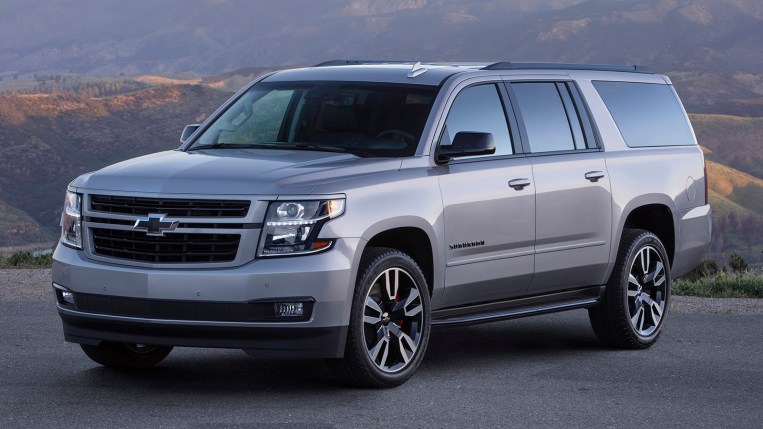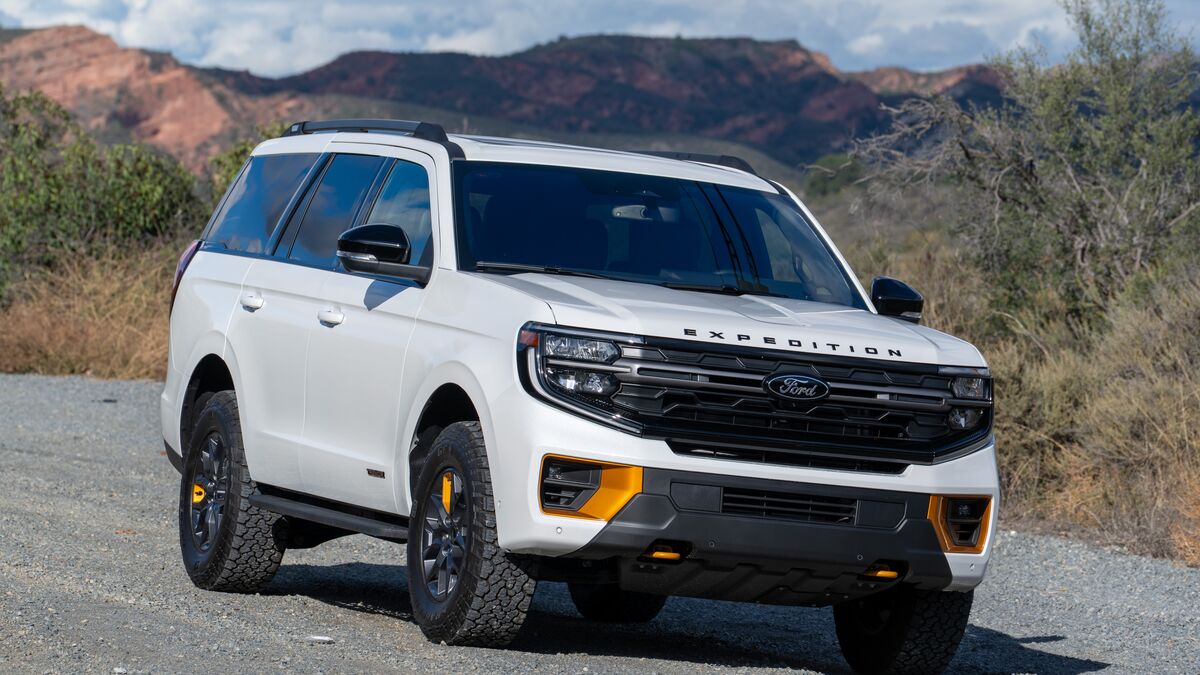Most V8-powered General Motors SUVs come with start/stop technology, a feature that cuts the engine off when the vehicle comes to a stop and restarts it when the driver lifts off the brake pedal. The system improves fuel economy. Not for long, though. At present, GM is in the process of removing the tech from most of its full-size trucks and SUVs.
The culprit? A worldwide shortage of microchips.
Can’t Find the Chips? Strip the Feature
The decision affects Chevy Tahoe, Chevy Suburban, GMC Yukon, Cadillac Escalade, Chevrolet Silverado 1500, and GMC Sierra 1500. All of the affected models come with a 5.3-liter V8 or 6.2-liter V8 and a 10-speed automatic transmission.
This is the second feature GM has stripped from some of its largest vehicles due to the shortage, and the second compromise that has worsened the fuel economy of some of the company’s least fuel-efficient vehicles. The company removed fuel-saving cylinder deactivation technology from its full-size trucks in March.
Decision Keeps Factories Running
The decision, GM says, will “enable us to continue production of our high-demand full-size SUV and pickups as the industry continues to rebound.” Since GM is struggling to obtain the microchips necessary to operate the features, it is simply removing the features.
GM gave no word as to when it might bring start/stop back. The company does not plan to retroactively add it to cars sold without it once chips become available.
$50 For Your Loss
GM will offer customers a $50 discount to compensate for the lost feature. Many buyers likely won’t be bothered. Turning the feature off is fairly common. Some of the affected trucks come with a simple button allowing drivers to disable it. In others, disabling start/stop is a more complicated process, but common enough that dozens of video guides explaining how to turn it off can be found on YouTube.
Decision Likely Hurts Company More Than Buyers
Building a start/stop feature into its trucks and SUVs, however, improves the fuel economy number on the window sticker, which can help attract buyers. It also improves the average fuel economy of an automaker’s fleet. Car builders must pay hefty fines if their average fuel economy slips under a certain threshold, or buy credits from automakers with better average fuel economy scores.
With virtually every automaker offering one or more electric cars this year, fleet-wide average fuel economy has been improving. But since GM sells more trucks and SUVs than any other kind of car, a decrease in the fuel efficiency of its largest consumer vehicles could reverse that trend.








